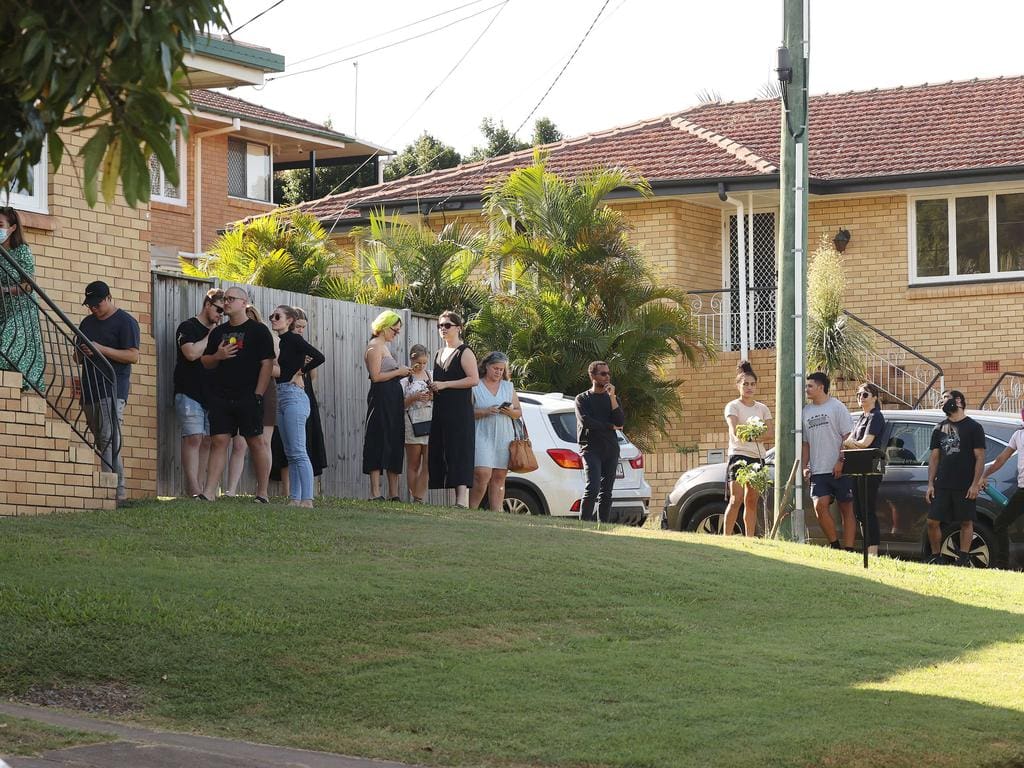The intimidating presence of apparently cashed up millennials at every inspection, the line snaking out the front of every three-bedroom inner west property, and the inevitable email from your landlord with some “hard but necessary” news of a rental hike. Sydney’s rental market is a dire environment for young aspiring tenants.
At the core of this rental crisis is an issue of supply and demand — specifically, a dwindling supply with staggering demand. The return of international students and overseas workers has increased the need for properties, but there are next to none available. According to data released by Domain, the rate of vacancy in Sydney reached an all-time low of 0.9% in February. Sydney renters then fall into two camps: those who are desperate for a place, and those holding on tightly to what they’ve got.
A glaring representation of the changing dynamics of the rental market can be observed in the Facebook group “Sydney Inner West Housemates.” What was once intended as a site for people to advertise vacancies in their houses, has now transformed into something of a rental dating platform. Every day, we see rental hopefuls carefully curating posts that present themselves as the ideal housemate. There is no shortage of intimate personal details and meticulously chosen selfies selected to present the image of an impossible concoction of fun and chill, someone who “likes alone time” but is “always up for a chat.” These posts often highlight the time sensitivity of their pleas, with the words “desperate” and “urgent” not uncommon. While notice of a singular room available sometimes receives over 50 responses, these posts very rarely receive any acknowledgement from the group members.
If you manage to land a rental property in Sydney, the next challenge is keeping it. In this climate, people are inclined to renew their leases and hold on to the property, in fear that if they don’t, they may not be able to find another. This becomes more complicated when they wish to travel or if they must go work interstate. Having a rental property that they can return to is potentially the closest Generation Z will get to the security of owning a house. So, in a bid to create some sense of quasi security, young people are turning to the practice of subletting — (usually informally) — to try to hold onto what they have.
This practice may also be used to try to ease inflationary rental increases, as people may open their homes to extra people, offering various spaces in the house for sublet that may not have been approved by landlords. Unfortunately, these practices, as well as the plethora of properties that Airbnb rents on a short-term basis, maintain the low vacancy rate, which further locks out rental hopefuls.
Subletting is a very common practice across Australia. When speaking to one six-person share house in Sydney’s inner west, they told me that, over the winter break, the whole house will be informally sublet, meaning that no original tenants (those officially on the lease) will be living there. When asked about why they are opting for the informal option, one house member remarked that telling the landlord “is a complication, [since] you don’t know how they are going to react.” Another noted that their choice to sublet informally means that they don’t have to create unnecessary contact with the landlord, fearing a repeat of previous threats of raised rent.
This appears to be part of a shift towards a “don’t make a peep” relationship with landlords. When interviewing another student share house, one housemate noted that they have opted not to tell their landlord about certain issues in the house because they don’t want to “remind them they exist.”
So, should you tell your landlord if you plan to sublet? Or, are you better off relying on the belief that if you don’t contact them, they will forget about you so that they might opt to not increase your rent when your lease is up?
Not telling your landlord that you are subletting, according to Fair Trade NSW, violates your Tenancy agreement. Under section 87 of the Residential Tenancies Act 2010, “a landlord may give a termination notice on the ground that the tenant has breached the residential tenancy agreement.” In this way, informally subletting can place your rental into a space of insecurity.
It is important to note that a landlord cannot legally refuse your request to sublet unless they have a valid reason, such as, according to Fair Trade NSW, “if the person being proposed is listed on a tenancy database [for being a] bad tenant.”
Renters should not be placed in a situation where they must risk eviction to avoid it. Increasing rent, lack of available properties and the power largely remaining in the hands of landlords, functions to create immense vulnerability for renters in Sydney, forcing them to attempt to create their own security in a space where it cannot be found. By generating this pseudo-security, the rental market becomes even more closed off to those who are not currently in it, mirroring the impenetrability of the broader property market.





